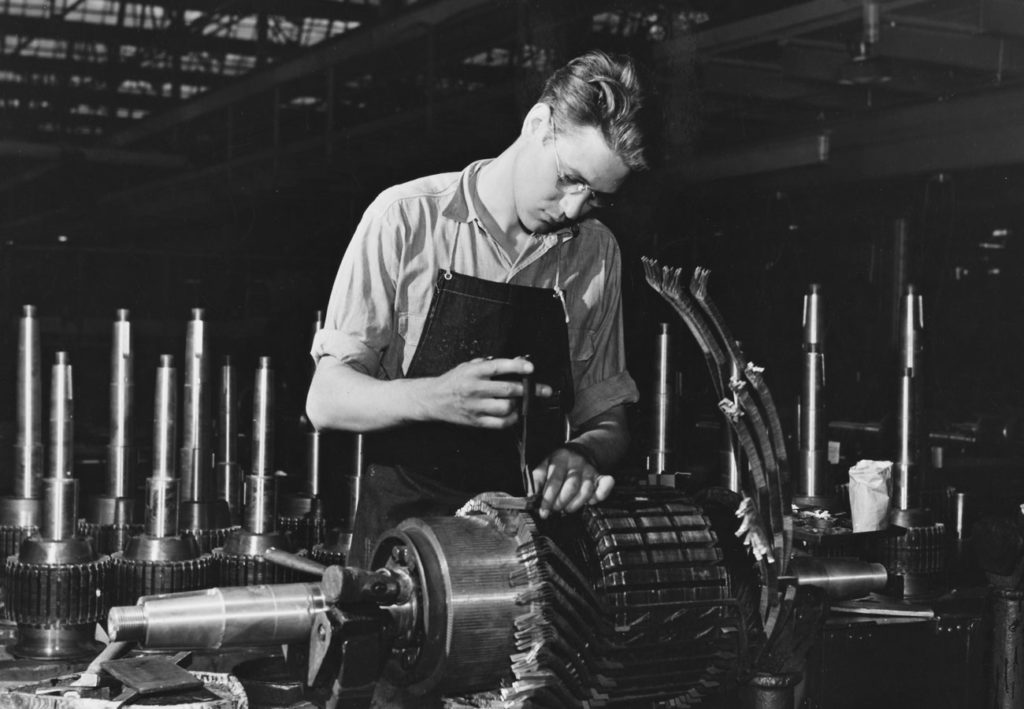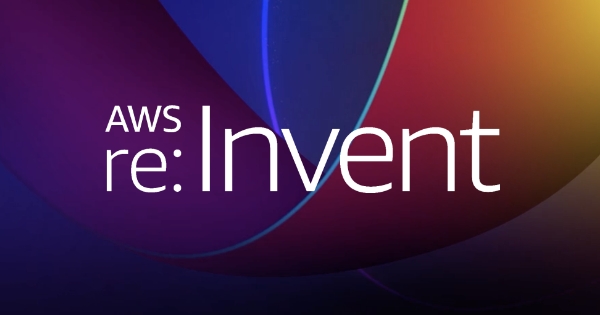Does work have a future?

On the same topic, read also: Automation and guaranteed income: towards a brighter future for all?
“Workers of the world…” Will this classic opening of Marxist-inspired political discourses soon be obsolete? Whatever the politics, the facts are there: rampant robotisation and advances in artificial intelligence have already begun to shake up the way we think about work. It won’t be long before this transformation will have progressed so far that the need to fundamentally reinvent our relationship to employment will be inevitable. So what is the future of work? Let’s start by asking ourselves if “work” has a future at all…
Since the Industrial Revolution, our relationship to work has changed radically in a way unprecedented throughout human history. In a predominantly agricultural society, life centred around families who were relatively self-sufficient except in the event of a poor harvest, with just a few dozen occupations. The world evolved, not without violence and turmoil, to create societies whose production was centralised and controlled by the hands of a few.

From the Industrial Revolution…
Cities transformed in a few decades, bringing in rural workers – willingly or unwillingly – who were unable to continue agricultural life. Work shifted from labour which directly met the vital needs of the family, to a concept that was increasingly abstract and specialised and whose product was a salary “allowing” workers to meet individual needs through the purchase of goods and services from other professionals, who were also specialised.
Since the mid-20th Century, the share of manufacturing in “industrialised” economies has been eroded in favour of the tertiary sector: services now account for more than 3/4 of Belgian GDP, with agriculture oscillating around 1%, and manufacturing around 20%. The mechanisation and automation of industrial production, coupled with relocation to cheaper labour markets, has reduced the share of the manufacturing sector. This led to an explosion of service professions, which some naively believed were safe from robotisation. With self-service tills in supermarkets, vending machines and delivery drones, this labour market has also declined as man has systematically been replaced by machine.

…to the Digital Transformation
From now on, it is the so-called “intellectual” professions that are being caught up in artificial intelligence. This can be seen in the financial sector, for example, where technological prowess is increasingly reducing the need for human intervention. Even surgeons, teachers and architects, to name but a few, are seeing an ever-increasing proportion of their work delegated to our helpful robots.
Faced with the inevitable obsolescence that awaits humans in almost all sectors of activity, the very notion of employment must be reinvented. In a world where the tasks essential to our survival, to our comfort, standard of living and our habits, are undertaken a little more each day by robots, what is the relevance of a paid job at 40 hours per week? By keeping capitalist productivist logic, the wage burden no longer makes much sense, but without the purchasing power of the population, the system collapses. So, what do we do now?

Universal basic income: far from a hippie dream, a vital necessity
The notion of a universal basic income, an unconditional minimum wage paid to any adult citizen, could appear as a leftist utopia born in the delirium of Woodstock’s mud. This is not the case: this solution can be seen as essential to avoiding a revolution that would set the whole system ablaze. It would involve using the enormous wealth created over more than half a century to make up for the loss of jobs that have so far made it possible to drive the economy and fuel household consumption.
By giving everyone an income, and ensuring basic survival, we would encourage creativity, entrepreneurship, and above all, allow people who are currently forced to earn a living, to contribute to society in a more satisfying way. It would be a way of recognising and bringing meaning to each person’s contribution, in a way which is currently denied in so many jobs for which “making a living” is the only motivation. Without fear of financial failure, by giving priority to things we value and cherish, individuals would participate in society proactively and spontaneously. Free individuals are more likely to use their natural talents, achieve their full potential, and therefore, paradoxically, to contribute generously to social utility.

A bright future is possible
If we also take into account the significant health benefits, both mental and physical, of this liberation, as well as the strengthening of the social fabric, thanks to the value placed in taking care of one’s family, children or elders without being at the mercy of material needs, we find much more encouraging prospects than current radical pessimism allows. But to do so, we’ll need to make the right choices, as individuals and as a society, to enable younger generations to benefit from an education and values compatible with a world where work is undertaken by individuals proactively, and where value is linked to the social good.




